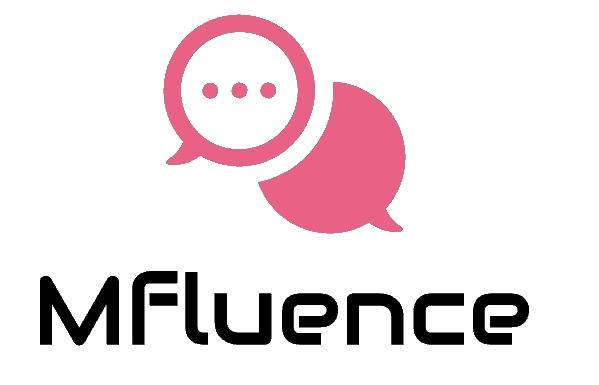In the fast-paced world of sales, a well-managed pipeline is the difference between consistent wins and frustrating stalls. Imagine your pipeline as a meticulously maintained waterway, channeling leads towards closed deals. The right tools become the dams, locks, and canals that ensure a smooth flow and maximize your sales potential.
This guide explores the essential Sales Pipeline Management Tools and how they can empower your team at Mfluence.
Essential Sales Pipeline Management Tools:
- Customer Relationship Management (CRM) Systems: CRMs are the cornerstone of pipeline management. They centralize lead data, track interactions, automate tasks, and offer insightful reporting. Mfluence can help you choose a CRM that integrates seamlessly with your existing systems and caters to your specific sales process.
- Sales Automation Tools: These tools automate repetitive tasks like sending emails, scheduling follow-ups, and generating reports. This frees up valuable time for your sales reps to focus on building relationships and closing deals. Explore the robust sales automation features within the CRM solutions offered by Mfluence.
- Data Visualization Tools: Data is king in sales. These tools translate complex pipeline data into easy-to-understand charts and graphs. Visualizing your pipeline health allows you to identify bottlenecks, forecast revenue, and make data-driven decisions to optimize your sales strategy. Leverage the data visualization capabilities within the CRM or consider integrating a dedicated tool recommended by Mfluence.
- Sales Communication & Collaboration Tools: Clear communication and seamless collaboration are crucial for a thriving pipeline. These tools facilitate internal communication, streamline team discussions around specific deals, and ensure everyone is aligned. Explore the built-in communication features within your CRM or consider integrating a collaboration tool suggested by Mfluence that fosters a connected sales team.
- Lead Scoring Tools: Not all leads are created equal. Lead scoring tools assign points based on demographics, firmographics, and engagement levels, allowing you to prioritize your efforts towards the most promising leads. Mfluence can help you implement a lead scoring system within your CRM or recommend a dedicated tool to identify high-value leads at the top of your pipeline.
Conclusion: Building a Sales Powerhouse with Mfluence
By equipping your sales team with the right pipeline management tools and the expertise of Mfluence, you can transform your sales pipeline into a powerful engine for growth. Whether it’s a comprehensive CRM solution, data-driven lead scoring, or robust communication features, Mfluence offers the tools and guidance to optimize your pipeline and achieve peak sales performance.
Ready to take your sales pipeline to the next level? Contact Mfluence today!
https://calendly.com/business-mfluence Learn More About Our CRM Software.
